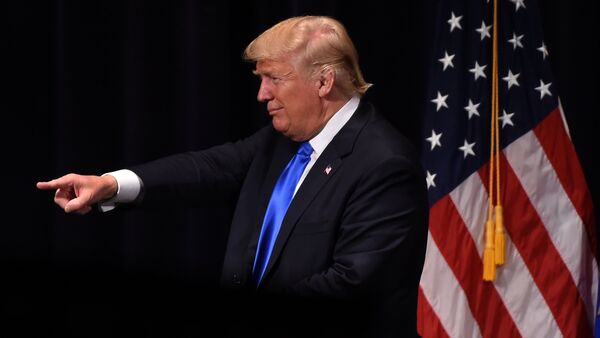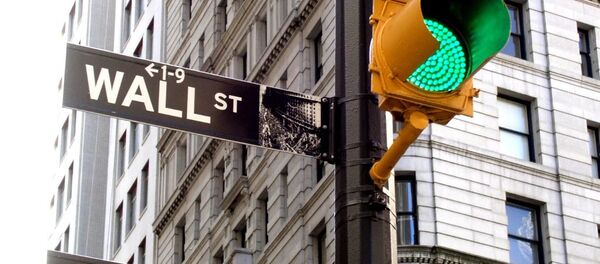Kristian Rouz — The Republican campaign and several GOP House Representatives have repeatedly criticised the Dodd-Frank agreement during the most recent election season as excessive regulation that hampers domestic lending and curbs private incentive and economic growth potential.
Dubbed the C.H.O.I.C.E. Act and authored by Rep. Jeb Hensarling of Texas, the initiative remains on its way toward implementation, but the prospective policy team of President-elect Donald Trump is already seeking to dismantle the US Consumer Financial Protection Bureau (CFPB), paralyzed by October's court ruling, on their way on tear down Dodd-Frank.
The CFPB has gained notoriety by attempting to enforce such initiatives as bans on payday lending and preventing companies from blocking class-action lawsuits from consumers. The regulations, initially seen as protecting the best interest of the consumer in their antagonism with corporate America, resulted, the critics pointed out, in declines in business activity, as many companies would prefer curbing the scale of their customer service rather than risking potential losses, associated with regulations protecting insolvent or toxic consumers.
"It's a very fragile thing. It was birthed in controversy and is under constant attack," consumer attorney and ex-CFPB insider Deepak Gupta said. "It may not survive, the way we know it through this administration."
In September, the Republican-controlled House Financial Services Committee, ruled to refurbish the CFPB, altering its name and structure and subjecting the agency's activities to the House directly. Effective December, the measure would allow, the Republicans pointed out, to make the currently excessive and sweeping regulation more reasonable and precedent-based.
Meanwhile, Dodd-Frank is a larger target for the upcoming Trump administration. The recent and ongoing massive rally in financials (banks, first and foremost) stocks on Wall Street is explained by the anticipated easing of governmental regulation in the sector. Dodd-Frank, implemented in 2010 in order to prevent future crises by enforcing strict rules on the banking sector, resulted in the post-crisis stabilisation in US banking, but imposed severe limits on the further expansion of business activity six years down the road. Still governmental bailout-based, Dodd-Frank was referred to by the critics as ‘a double setback', providing the failed banks with taxpayers' bailout money, and curbing bank lending to Main Street as hedge strategy.
"I'd love to see Dodd-Frank disappear," Alan Greenspan, former Chair of the Federal Reserve, said in a CNBC interview on Thursday, describing it as a "disastrous mistake."
In the meantime, Elizabeth Warren, a Massachusetts Democrat, referred to by Trump as ‘goofy' and ‘Pocahontas' for certain particularities of her biography, spoke in favour of Dodd-Frank, having said on Thursday she would fight to protect it.
"Americans want to hold the big banks accountable," Warren said. "That will not happen if we gut Dodd-Frank and fire the cops responsible for watching over those banks, like the Consumer Financial Protection Bureau."
Warren also continued: "If Trump and the Republican Party try to turn loose the big banks and financial institutions so they can once again gamble with our economy and bring it all crashing down, then we will fight them every step of the way."
Besides, most big banks would likely be willing to hedge against the failure risks at their own expense, as evidenced by the recent example of a change of rules in the issuance of mortgage-backed securities, where a 5pc-reserve requirement at the issuers' expense was implemented recently.
If not, the market will hold them accountable during the nearest economic downturn.




